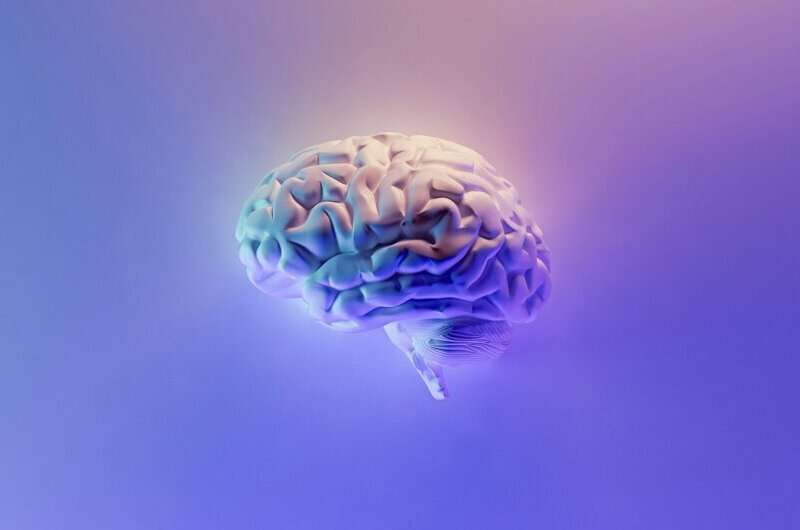Innovative Wearable Soft Exoskeleton Enhances Mobility for Children with Cerebral Palsy

A groundbreaking development in pediatric mobility assistance has emerged with the creation of a smart, wearable, soft exoskeleton designed specifically for children suffering from motor impairments such as cerebral palsy. Developed by a collaborative team from the University of Houston, TIRR Memorial Hermann, and other experts, this next-generation device aims to significantly improve the mobility and independence of young users.
The MyoStep exoskeleton is lightweight, discreet, and constructed from advanced smart materials integrated into wearable technology. Its design focuses on aiding children in walking and self-care activities, which are often hindered by neurological conditions affecting motor skills. The device addresses limitations found in traditional exoskeletons, such as weight, lack of adaptability to growth, and impracticality for daily use.
Equipped with a wireless sensor network embedded within flexible fabrics, MyoStep continuously collects real-time data on movement and muscle activation. The system communicates via Bluetooth and includes safety features like temperature monitoring and automatic shutdowns to prevent overheating or skin irritation. This ensures comfort, safety, and enhanced functionality.
Researchers emphasize that integrating artificial muscles—using innovative smart materials such as shape memory alloys and dielectric elastomers—allows for precise control over joint movement, especially at the ankle, which is critical for efficient walking. The interdisciplinary team, including biomechanics, biomechanics, industrial design, and electrical engineering experts, is working toward improving ankle mobility and energy efficiency for young users.
The project underscores a shift toward more adaptable, smart assistive devices that can grow with the child and offer real developmental benefits. By combining cutting-edge materials with sensor technology, MyoStep aims to restore confidence, independence, and improved quality of life for children with cerebral palsy.
This research represents a significant leap forward in pediatric neurorehabilitation technology and demonstrates the potential of innovative materials and sensor integration in supporting children’s mobility and everyday participation. The study detailing these advancements has been published in IEEE Electron Devices Magazine.
Stay Updated with Mia's Feed
Get the latest health & wellness insights delivered straight to your inbox.
Related Articles
'Clear' E-Cigarettes Cause Greater Immediate Increases in Blood Pressure and Heart Rate
New research highlights the cardiovascular risks associated with 'clear' e-cigarettes containing synthetic cooling agents. These products cause significant immediate increases in blood pressure and heart rate, posing health concerns amid ongoing regulation debates.
Timing of Hormone Replacement Therapy Key to Alzheimer's Disease Risk
New research suggests that starting hormone replacement therapy within five years of menopause can reduce Alzheimer's disease risk, while delaying treatment may increase it, emphasizing the importance of timing.
Research Reveals Larger Brain Regions in Adolescents with Abdominal Obesity
New research indicates that adolescents with abdominal obesity have larger brain regions involved in learning, memory, and emotions, highlighting the impact of obesity on brain development during teenage years.
Monitoring Antibiotic Resistance Spread Through Wastewater Surveillance at Mass Events
Wastewater surveillance reveals how mass gatherings accelerate the spread of antibiotic resistance genes, highlighting environmental risks and the importance of genomic monitoring in public health.



